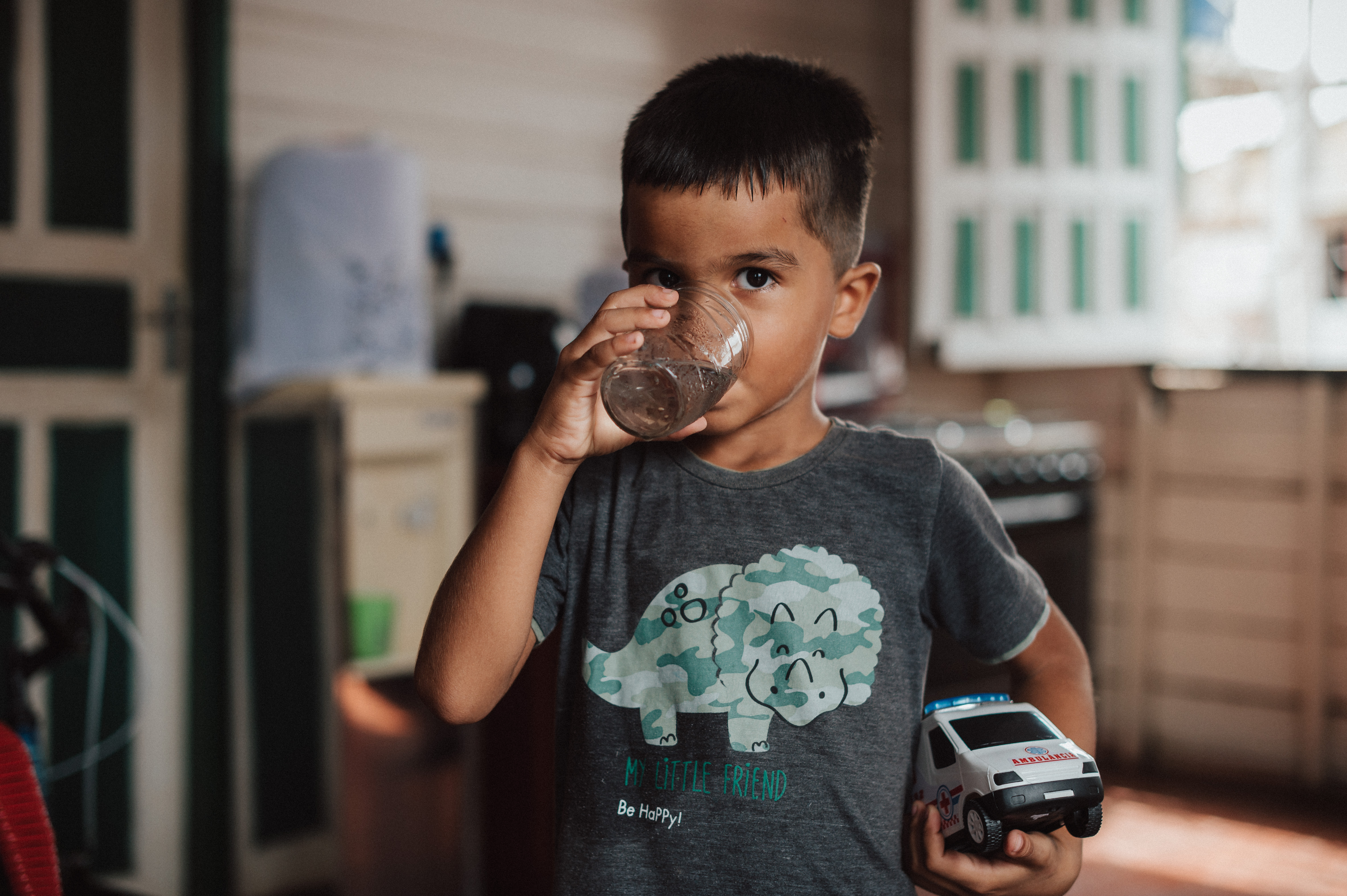

Description
PNSP was established by Annex I of Consolidation Ordinance No. 2/2017 and aims to "promote equity and the improvement of conditions and ways of living, expanding the potential of individual and collective health and reducing vulnerabilities and health risks arising from social, economic, political, cultural and environmental determinants."
The Brazilian Health Promotion Policy (PNPS) comprises a range of policies instituted within the Health sector. It is prepared by SVS, designed to address the challenges of health production through integration with aspects of the health sector.
Thus, PNPS emphasizes the importance of incorporating territoriality, sustainability, healthy environments, intersectorality, and social determinants of health into health management to ensure the human rights and fundamental freedoms of citizens.
The macro objective of this policy is: “to promote equity and improve conditions and ways of living, expanding the potential of individual and collective health and reducing vulnerabilities and health risks arising from social, economic, political, cultural and environmental determinants” (BRAZIL, 2018)
Although PNPS does not explicitly address the WASH sector or focus on children and adolescents, its principles align with the objectives of other regulations governing these areas, making it a policy connected to the principles of CF/88, the National Basic Sanitation Policy, and the Statute for the Child and Adolescent. In this sense, it is also worth mentioning that other regulations created within the scope of SVS, or even FUNASA, follow some of the guidelines and operational axes proposed in this policy.
Criteria 7/11
- ACCESSIBILITY
- ALIGNMENT WITH SDG 1,3,4,6 AND/OR 11
- RACE AND GENDER ISSUES
- ATTENTION TO CHILDREN AND ADOLESCENTS
- LOW COST
- SOCIAL DIFFUSION
- ADMINISTRATIVE EFFICIENCY
- ADHERENCE AND CONTINUITY AT LOCAL LEVEL
- WASH INITIATIVE
- CLIMATE RESILIENCE
- SUSTAINABILITY
This policy is directly related to the municipal and state health departments, in addition to the various departments of the Ministry of Health (described below). The following are also responsible for implementing and monitoring the actions provided for in the PNPS: teh National Health Foundation (FUNASA); Oswaldo Cruz Foundation (FIOCRUZ); Brazilian Health Surveillance Agency (ANVISA); Brazilian Supplementary Health Agency (ANS, acronym in Portuguese); National Cancer Institute (INCA, acronym in Portuguese); Brazilian Council of Health Secretaries (CONASS, acronym in Portuguese); and the National Council of Municipal Health Secretaries (CONASEMS, acronym in Portuguese).
Federal Managers, State Managers, Municipal Managers, Civil Society
National
Indefinite
I – Structuring and strengthening health promotion actions in the Brazilian National Health System, giving preference to health practices sensitive to the reality of Brazil;
II – Encouraging the insertion of health promotion actions at all levels of care, with emphasis on primary care, focused on actions of care for the body and health; healthy eating and prevention, and tobacco control;
III – Development of qualification strategies in health promotion actions for health professionals inserted in the Brazilian National Health System;
IV – Technical and/or financial support for projects to qualify professionals to work in the area of information, communication and popular education related to health promotion
of those who work in the Family Health Strategy and Community Health Agents Program:
a) encouraging the inclusion of topics related to health promotion in SUS´s training; and
b) technical support to states and municipalities for inclusion in the training of the Brazilian National Health System of topics related to health promotion.
V – Support to states and municipalities that develop actions aimed at the implementation of the Global Strategy, surveillance and prevention of non-communicable diseases and injuries;
VI – Support for the creation of Observatories of Local Experiences related to Health Promotion;
VII – Stimulation of the creation of a Brazilian Network of Successful Experiences in the adhesion and development of the strategy of healthy municipalities: a) identification and support for initiatives related to Health Promoting Schools with a focus on healthy eating actions; body practices/physical activities and tobacco-free environment;
b) identification and development of partnership with states and municipalities for the dissemination of successful experiences related to healthy institutions and healthy environments;
c) favoring the coordination between the health, environment, sanitation and planning sectors to prevent and/or reduce the damage caused to health and the environment, through the proper management of water sources and solid waste, rational use of energy sources, production of alternative and less polluting energy sources;
d) development of architectural and urban infrastructure modification initiatives that aim to guarantee access to people with disabilities and the elderly; and
e) dissemination of information and definition of incentive mechanisms to promote healthy work environments with emphasis on reducing the risk of accidents at work.
VIII – Creation and dissemination of the Technical Cooperation Network for Health Promotion;
IX – Inclusion of health promotion actions in SUS´s social communication activities agenda: a) support and strengthening of innovative health promotion actions using different cultural languages, such as poetic performances, hip hop, theater, songs, cordel literature and other forms of expression;
X – Inclusion of health and its multiple determinants and conditions in the formulation of urban and/or agrarian planning instruments (master plans, 21 local agendas, among others);
XI – Encouraging coordination between municipalities, states and the federal government, valuing and enhancing existing knowledge and practices in the field of health promotion: a) support for initiatives by state and municipal secretariats to build partnerships that encourage and enable healthy public policies;
XII – Support for the development of studies regarding the impact on the health situation considering health promotion actions: a) support to create indicators related to the actions prioritized for the Health Promoter School: healthy eating; body practices/physical activity and tobacco-free environment; and
XIII – Establishment of technical-scientific exchange aimed at knowledge and exchange of information resulting from experiences in the field of health care, training, permanent education and research with federative units and countries where health promotion actions are integrated into the public health service: a) creation of the Virtual Health Promotion Network.
The Management Committee of the Brazilian Policy for Health
Promotion (CGPNPS, acronym in Portuguese) consists of representatives from the:
I - Health Surveillance Secretariat (SVS);
II - Department of Health Care (SAS, acronym in Portuguese);
III - Secretariat of Strategic and Participatory Management (SGEP, acronym in Portuguese);
IV - Department of Labor Management and Health Education (SGTES, acronym in Portuguese);
V – Secretariat of Science, Technology and Strategic Inputs (SCTIE, acronym in Portuguese);
VI – Executive Secretary (SE, acronym in Portuguese);
VII – National Health Foundation (FUNASA, acronym in Portuguese);
VIII – Oswaldo Cruz Foundation (FIOCRUZ, acronym in Portuguese);
IX – Brazilian Health Surveillance Agency (ANVISA, acronym in Portuguese);
X – Brazilian Supplementary Health Agency (ANS, acronym in Portuguese);
XI – Brazilian Cancer Institute (INCA, acronym in Portuguese);
XII – Brazilian Council of Health Secretaries (CONASS, acronym in Portuguese); and
XIII – Brazilian Council of Municipal Health Secretaries (CONASEMS, acronym in Portuguese).
The Management Committee of the Brazilian National Health Promotion Policy (CGPNPS) is responsible for monitoring and evaluating the strategies for implementing the Brazilian Health Promotion Policy and its impact on improving the quality of life of individuals and communities.
It is incumbent upon the Ministry of Health to agree and allocate budgetary and financial resources to
the implementation of this Policy (considering the tripartite composition), as well as enabling financing lines for health promotion within the lifelong learning policy, and also proposing performance evaluation instruments